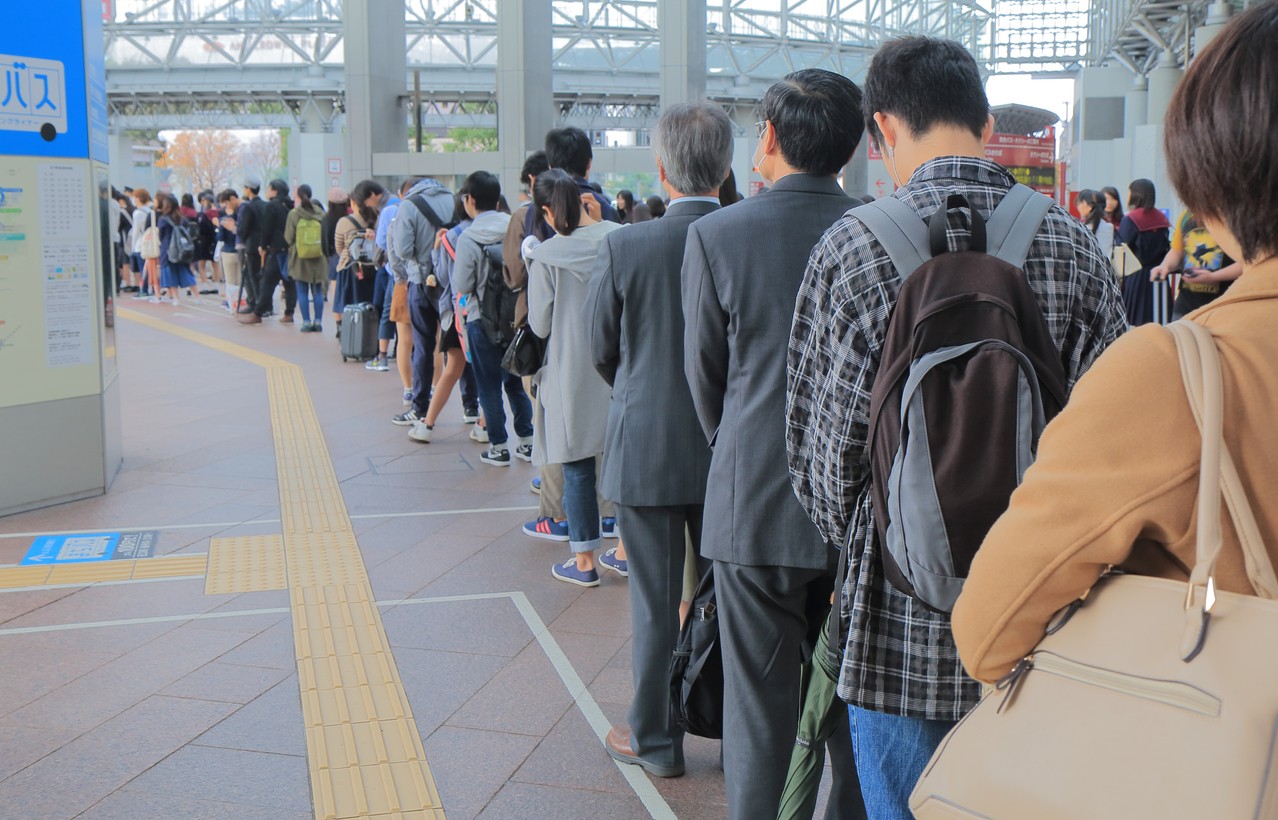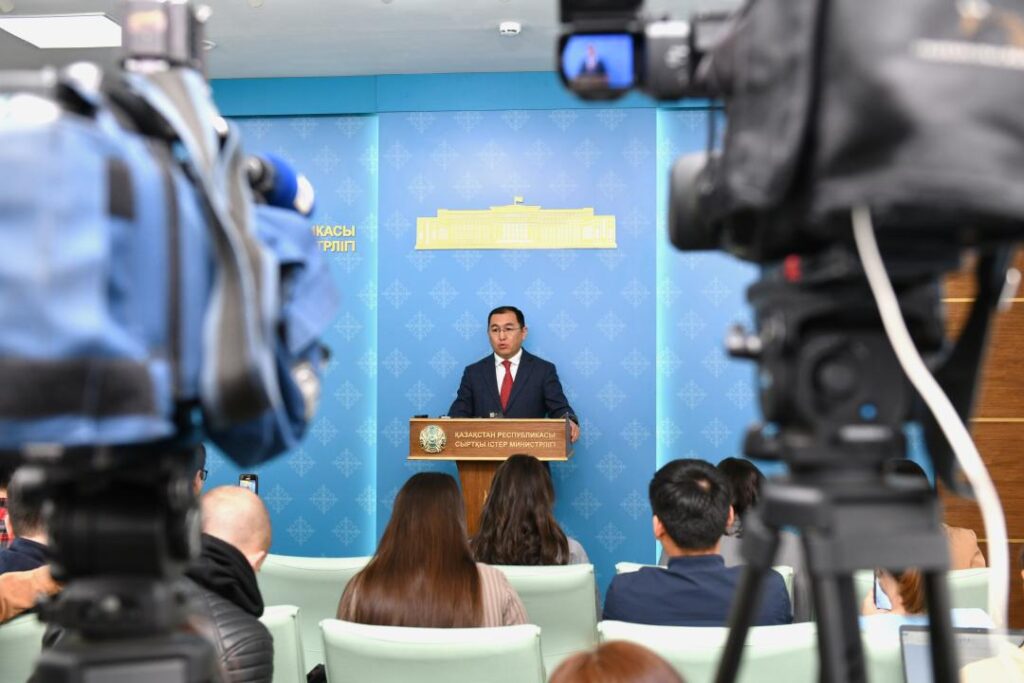According to data, of the 9 million Kazakh citizens employed in the country in 2023, 1.1 million were ‘working under the radar’.
Most of those employed without any formal contracts – 617,200 men and 544,200 women – held low-level jobs including 496,900 in factories, shops and ateliers; 365,900 on private farms; 172,600 on land plots and 34,300 on construction sites. A further 29,300 worked in private homes, 24,800 used their own transport as taxis etc. and 15,000 earned a living in open markets and street vendor stalls.
The overwhelming majority of the unofficially employed – some 343,800 people- had graduated from vocational courses at colleges and trade schools, whilst 260,100 were educated to secondary level. Workers in the sector with technical and professional education numbered 238,000.
The fact that the talents and skills of such a vast proportion of Kazakh citizens is not officially recognized has a significant impact on their potential contribution to both the country’s economy and society. Furthermore, by having to resort to working in this way, these individuals are deprived of stability in the workplace as well as opportunities for advancement and learning new skills.
Kazakhstan is now actively seeking to recruit foreign specialists in science, healthcare, industry and IT to compensate for the domestic shortage of skilled labour but whilst this demonstrates the country’s desire for development, it also raises questions concerning the provision of stable and decent positions for its own citizens.







